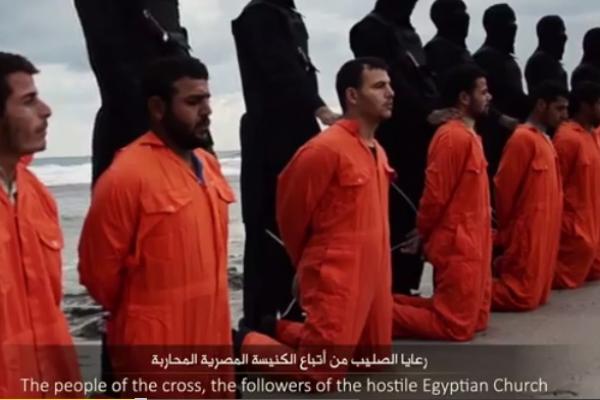Where does the violence end? And how did it begin?
In such a moment, we imagine ISIS as “different” from ourselves, a whole distinct category of the species homo sapiens. We did the same with Nazis back in the day, as if genocide’s engineers had not been the brothers and sisters of our own immigrant citizens, as if they were not the grandparents of the amiable Germans and Poles we befriend today. We forget, by the way, our own history of torturing — often burning alive — our own African American citizens, grandchildren of those this nation had enslaved. Our own president condemned ISIS and its grotesque ways, and he also reminded us that the potential for such violence dwells within every society. Naturally his opponents went nuts: they are nothing like weare, they cried.
But we are like they are, and they are like we are. Violence breaks us down.
Read the Full Article

